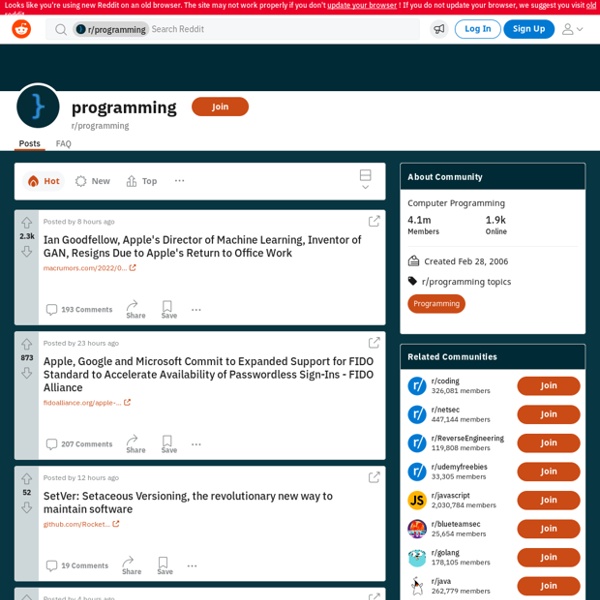



网易公开课_网易视频 #040001 #35373d #020304 Successful Strategies for Commenting Code Introduction Commenting your code is like cleaning your bathroom—you never want to do it, but it really does create a more pleasant experience for you and your guests. Because I’ve recently adopted a new mantra to use comments frequently and appropriately in my code, I spent a few hours researching the literature on commenting readability, reusability, and guidelines. It was a bit overwhelming to see the sheer amount of information and discussions on the topic. Basically, there are a lot of tough, but fundamental questions out there like what does “frequently and appropriately” mean? Types of Comments Code Commenting - This refers to writing descriptive variable names that are self explanatory. function addUserToDatabase(userName, userAge) Without any additional information, you can tell that the function will add a user’s name and age to a database. Class / Page Commenting - Comments that refer to an entire page or top level object fall into this category. Commenting Regulars Why Bother?
ZDNet - Actualité, business et technologies pour les professionnels Scale Fail (part 1) May 6, 2011 This article was contributed by Josh Berkus Let me tell you a secret. Companies hire me to "fix the database" because they think it's the source of their performance and downtime problems. I did a little talk about these anti-patterns at the last MySQL Conference and Expo. Trendiness "Now, why are you migrating databases? "Well ... our CTO is the only one at the weekly CTO's lunch who uses PostgreSQL. Does this sound like your CTO? Scaling an application is all about management of resources and administrative repeatability. There's also another kind of trendiness to watch out for, it's the one which says, "If Google or Facebook does it, it must be the right choice." Second, not everything that Google and Facebook did with their infrastructures are things they would do again if they had to start over. No metrics "Have we actually checked the network latency?" Scaling an application is an arithmetic exercise. Barn door decision making "Dan, you were an ad sales manager at Amazon."
TechCrunch kernel panic Free Books A lot of people keep asking about a good list of programming books. Hence, we are building this list to save your time and to spread the knowledge. Some of these books will definitely help us to evolve our coding skills and thought processes for developing better solutions. We will do our best to keep updating this list, hope you find this list useful, here we go. Meta-List Graphics Programming Language Agnostic: NerdDinner Walkthrough Assembly Language: Bash Advanced Bash-Scripting Guide See .NET below Django Djangobook.com Emacs The Emacs manual Thanks Emacser (October 17, 2010) Forth Git Haskell Dive Into HTML5 Java JavaScript Linux Advanced Linux Programming Lisp Lua Programming In Lua (for v5 but still largely relevant) Maven Mercurial NoSQL CouchDB: The Definitive Guide Objective-C The Objective-C Programming Language Parrot / Perl 6 Perl 6 (Work in progress) Perl PowerShell Mastering PowerShell Prolog PostgreSQL Practical PostgreSQL Python Learn REBOL Thanks Nick (October 19, 2010) Ruby Scala Scheme Smalltalk Subversion Vim
Langage de programmation Les langages de programmation permettent de décrire, d'une part, les structures des données qui seront manipulées par l'appareil informatique, et, d'autre part, d'indiquer comment sont effectuées les manipulations et selon quels algorithmes. Ils servent de moyens de communication par lesquels le programmeur communique avec l'ordinateur, mais aussi avec d'autres programmeurs ; les programmes étant d'ordinaire écrits, lus, compris et modifiés par une équipe de programmeurs[3]. Plusieurs environnement de développement et agents conversationnels possèdent des fonctionnalités de lecture, interprétation et écriture de programme. La possibilité d'écriture abstraite libère l'esprit du programmeur d'un travail superflu, notamment de prise en compte des spécificités du matériel informatique, et lui permet ainsi de se concentrer sur des problèmes plus avancés[2]. Les premiers langages de programmation ont été créés dans les années 1950, en même temps que l'avènement des ordinateurs. Le vocabulaire
Welcome to LWN.net